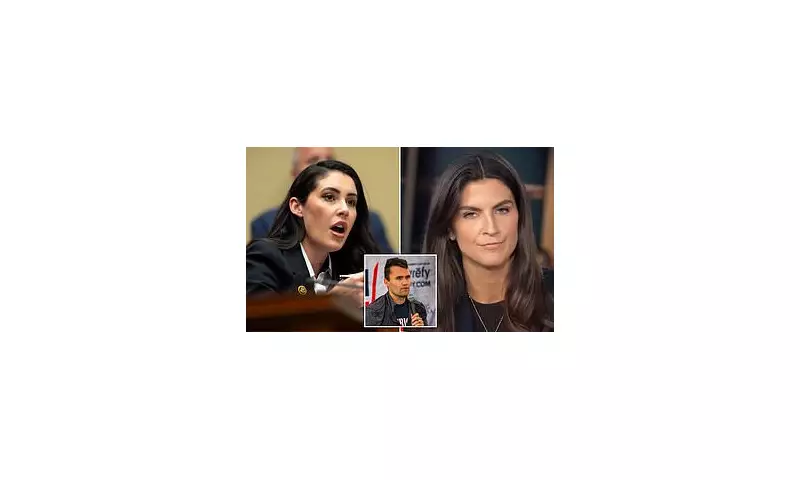
Florida Republican Anna Paulina Luna has unleashed a scathing broadside against CNN, accusing the American news giant of 'dangerous and irresponsible' misreporting that she claims deliberately twisted her remarks on the House Floor.
The fiery congresswoman's wrath was ignited by the network's coverage of her comments concerning conservative commentator Charlie Kirk and a recent shooting at his event. Luna took to social media platform X to deliver a point-by-point evisceration of CNN's journalism, stating the network 'intentionally misconstrued' her words to fit a damaging narrative.
A Clash Over Context and Narrative
At the heart of the controversy is Luna's assertion that CNN completely divorced her comments from their crucial context. The network had reported that Luna seemingly connected the shooting to Kirk's rhetoric, a claim she vehemently denies.
'This is dangerous,' Luna declared in her online rebuttal, emphasising that her actual speech focused on the broader, 'horrific' nature of the shooting itself and the paramount importance of upholding free speech rights for all figures, regardless of their political stance.
The Wider Implications for Media Trust
This explosive row transcends a simple war of words. It strikes at the core of ongoing debates about media integrity, political bias, and the ethical responsibilities of major broadcasters. Luna's very public takedown of a prominent news organisation reflects a deepening scepticism among certain political factions towards mainstream media outlets.
The incident is being closely watched from Westminster to Washington, serving as a potent example of the volatile relationship between politicians and the press in an increasingly polarised climate. It raises critical questions about how complex political discourse is reported and whether the pursuit of a compelling headline can sometimes overshadow factual accuracy and nuance.
As the dust settles, the fallout from Luna's accusations continues to reverberate, prompting discussions about accountability in journalism and the profound consequences of perceived misrepresentation in the high-stakes arena of political reporting.





